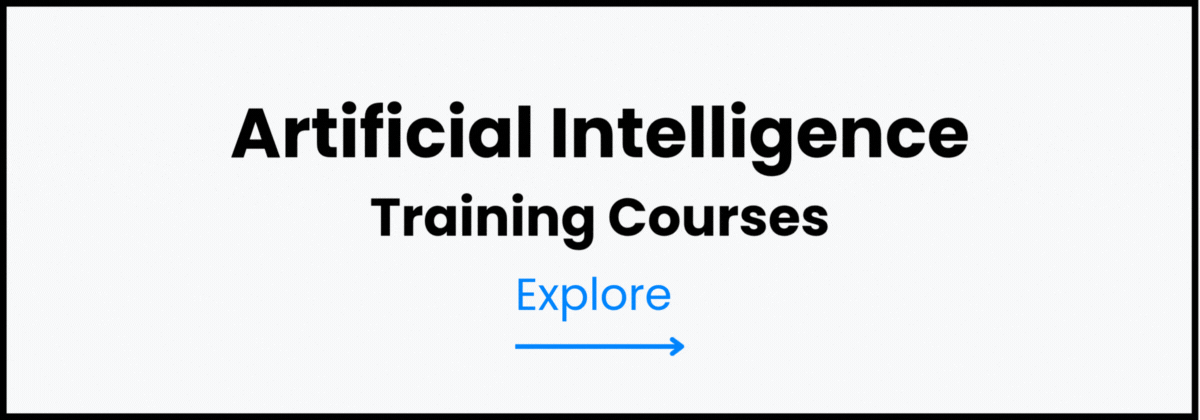How to Use AI to Improve Candidate Screening
Recruitment is one of the most critical functions in human resources, yet also one of the most time-consuming and complex. Traditional candidate screening often involves sifting through hundreds or even thousands of applications manually, a process prone to delays, inconsistencies, and unconscious bias. The result is not only inefficiency but also missed opportunities to identify the right talent.
In today’s competitive job market, organizations need smarter tools to enhance recruitment outcomes. Artificial Intelligence (AI) has emerged as a transformative solution, revolutionizing how HR teams identify, evaluate, and select candidates. From automating resume screening to predicting candidate success, AI provides speed, objectivity, and data-driven insights.
For HR professionals, learning how to use AI in candidate screening is no longer optional—it is a strategic necessity for building efficient, fair, and future-ready recruitment systems.
The Role of AI in Candidate Screening
AI technologies are reshaping recruitment by introducing automation and intelligence into candidate evaluation processes. Some of the most common applications include:
- Automating Resume Parsing and Keyword Matching
AI algorithms scan resumes, extract relevant data, and match candidates with job requirements faster than human recruiters ever could. - Natural Language Processing (NLP)
AI tools equipped with NLP can analyze resumes and cover letters beyond keyword matching, interpreting context, skills, and experience levels. - Predictive Analytics for Candidate Potential
Machine learning models assess not only qualifications but also predict future performance, cultural fit, and retention likelihood. - Reducing Administrative Workload
By automating repetitive tasks, AI frees HR teams to focus on high-value activities such as interviewing, onboarding, and candidate engagement.
These applications collectively ensure that organizations don’t just hire quickly but hire intelligently.
Benefits of Using AI in Recruitment Screening
AI-powered candidate screening offers multiple advantages for HR departments and organizations at large.
Speed and Efficiency
Traditional screening can take weeks, while AI tools can review thousands of applications in minutes. This drastically reduces time-to-hire and ensures no promising candidate is overlooked.
Bias Reduction
One of the most compelling benefits of AI is its potential to reduce unconscious bias. Structured algorithms can focus on objective qualifications rather than subjective impressions, supporting fairer recruitment outcomes.
Improved Candidate Experience
Candidates benefit from quicker responses and smoother communication. Many AI-powered systems use chatbots to provide real-time updates, keeping applicants engaged throughout the process.
Data-Driven Insights
AI provides HR teams with valuable analytics, from identifying top talent pools to predicting workforce trends. This data-driven approach improves decision-making and long-term workforce planning.
Cost Savings
By streamlining recruitment workflows, AI reduces administrative overheads and ensures HR resources are invested where they deliver the most value.
Key AI Tools and Techniques in Candidate Screening
A variety of AI-driven tools and techniques have been adopted across industries to enhance recruitment outcomes:
AI-Powered Applicant Tracking Systems (ATS)
Modern ATS platforms integrate AI to streamline candidate tracking, filter applications, and highlight top matches automatically.
Chatbots for Initial Candidate Engagement
AI chatbots can conduct pre-screening conversations, answer candidate queries, and collect preliminary data, improving efficiency and candidate satisfaction.
AI-Driven Assessments
Online assessments powered by AI measure cognitive abilities, personality traits, or even cultural fit. These assessments provide deeper insights beyond resumes.
Machine Learning for Predictive Hiring
Machine learning algorithms analyze past hiring data and employee performance to predict which candidates are most likely to succeed in a given role.
Together, these tools transform candidate screening from a manual process into an intelligent, predictive system.
Explore Courses From Our Top Categories:
➡️Business Training Courses – ➡️ Data Training Courses – ➡️ Technical Training Courses – ➡️ HSSE Training Courses
Challenges and Ethical Considerations
While AI offers tremendous benefits, its adoption in recruitment must be handled carefully to avoid unintended consequences.
Algorithmic Bias
If AI systems are trained on biased historical data, they may perpetuate or even amplify bias. Ensuring diverse and inclusive training datasets is crucial.
Data Privacy Concerns
Recruitment involves sensitive personal information. AI systems must comply with data protection regulations such as GDPR to maintain candidate trust.
Human Oversight
AI is a powerful tool but should not replace human judgment entirely. Recruiters must interpret AI outputs thoughtfully, combining automation with empathy.
Transparency and Fairness
Candidates should understand how AI is used in recruitment. Transparent processes help build trust and ensure fairness.
Organizations that address these ethical concerns are more likely to build sustainable, responsible AI-driven recruitment systems.
Best Practices for Implementing AI in Candidate Screening
To maximize benefits while mitigating risks, HR professionals should follow best practices when integrating AI into recruitment processes:
- Define Recruitment Goals Clearly
Before adopting AI tools, organizations must clarify what they want to achieve—faster hiring, better cultural fit, reduced bias, or improved candidate experience. - Select the Right AI Tools
Not all AI recruitment solutions are the same. Companies should evaluate tools based on accuracy, scalability, and integration with existing HR systems. - Train HR Teams to Interpret AI Outputs
Recruiters should be equipped to analyze AI-generated insights, ensuring they understand the context and limitations of automated results. - Continuously Monitor and Audit AI Systems
Regular monitoring ensures algorithms remain fair, accurate, and aligned with organizational values. - Balance AI with Human Judgment
The best recruitment outcomes emerge when AI insights are combined with human intuition, empathy, and interpersonal skills.
By blending automation with human oversight, organizations can achieve smarter, fairer recruitment processes.
Long-Term Impact of AI on Recruitment
The integration of AI into candidate screening will fundamentally reshape the future of HR.
- Shift Toward Strategic HR
With AI handling administrative tasks, HR professionals can focus on strategic initiatives such as workforce planning, employee engagement, and leadership development. - Enhanced Candidate Experience
AI enables personalized communication and faster feedback, making organizations more attractive to top talent. - Global Talent Access
AI-powered tools can evaluate candidates across geographies, supporting remote and hybrid workforce strategies. - Diverse and Inclusive Workforces
When used responsibly, AI can support organizations in building more diverse teams by minimizing bias in screening. - Integration Across HR Functions
AI will not remain limited to recruitment—it will increasingly integrate with performance management, learning, and predictive workforce planning.
The future of HR is not about replacing people with machines but about empowering people through smarter tools.
Recommended Trainings
Professionals who want to harness AI for recruitment and HR transformation can benefit from targeted training programs. EuroMaTech offers a wide range of AI-focused courses that combine practical applications with strategic insights:
- Artificial Intelligence (AI) Course – provides a comprehensive foundation in AI concepts and applications across industries.
- AI for Data Analytics and Business Intelligence Course – focuses on leveraging AI for smarter decision-making through data.
- AI for Predictive Maintenance Course – equips professionals with skills to apply AI in predictive modeling and operational efficiency.
- AI Governance, Risk and Compliance Course – ensures AI adoption aligns with ethical, legal, and governance requirements.
- Artificial Intelligence Training Courses – a broader category for AI-focused professional development.
- Human Resources Training Courses – specialized courses linking HR transformation with AI adoption.
These training courses help professionals and organizations integrate AI into recruitment while maintaining ethical, fair, and effective practices.
Building Smarter Recruitment with AI
AI is transforming recruitment by making candidate screening faster, fairer, and more insightful. It eliminates inefficiencies, reduces bias, and empowers HR professionals with data-driven tools. However, its success depends on responsible implementation—balancing automation with human judgment, ensuring fairness, and protecting privacy.
For HR leaders and professionals, learning how to use AI effectively in candidate screening is more than a technological upgrade; it is a strategic shift that positions organizations for success in the digital age. By embracing AI responsibly, companies can build smarter, more resilient recruitment systems and attract the talent they need to thrive.





